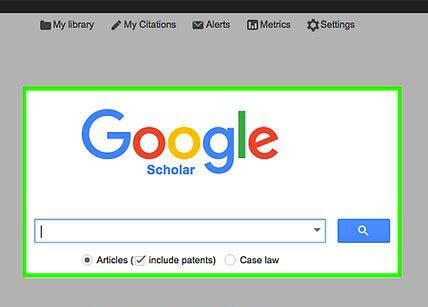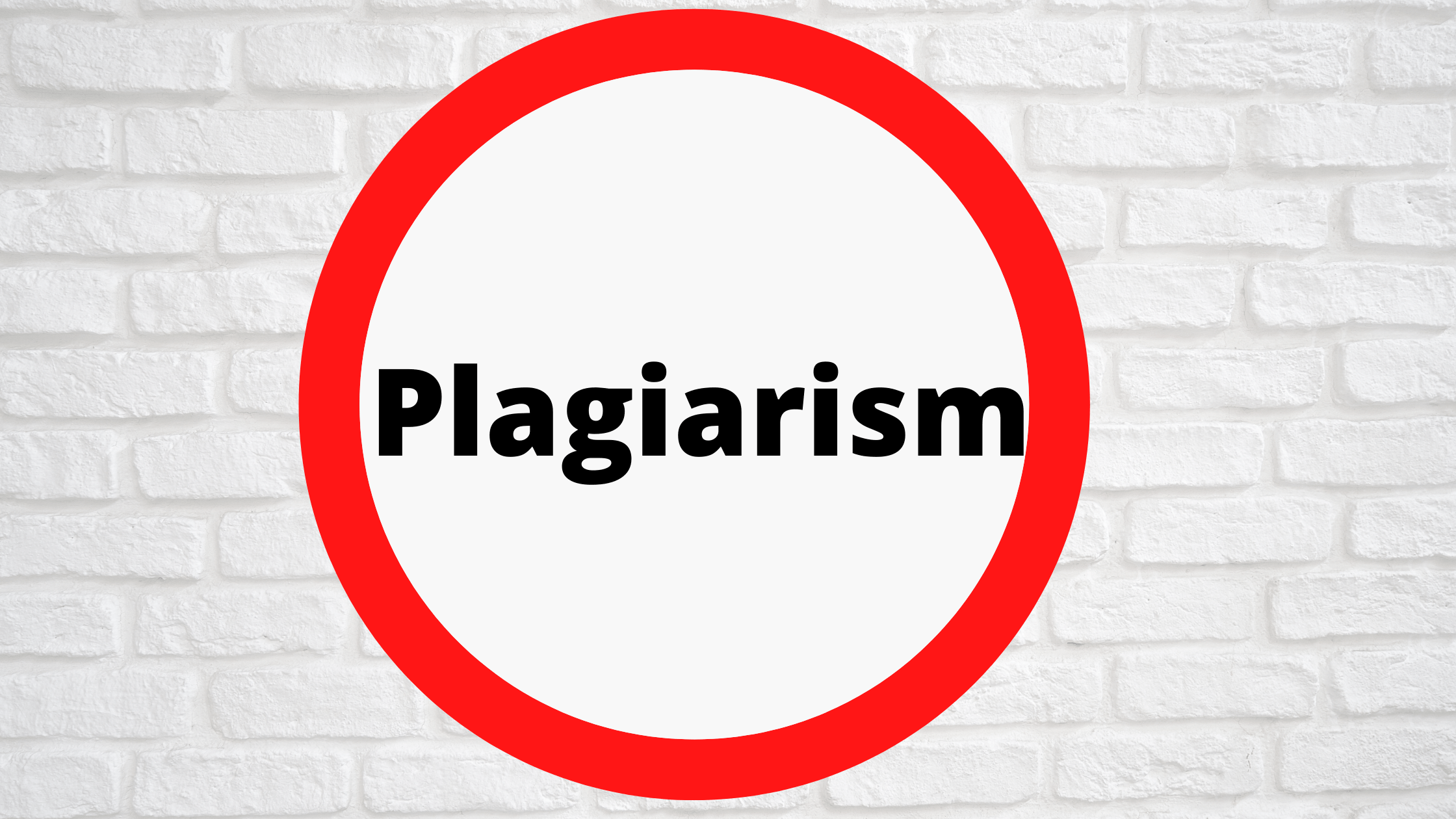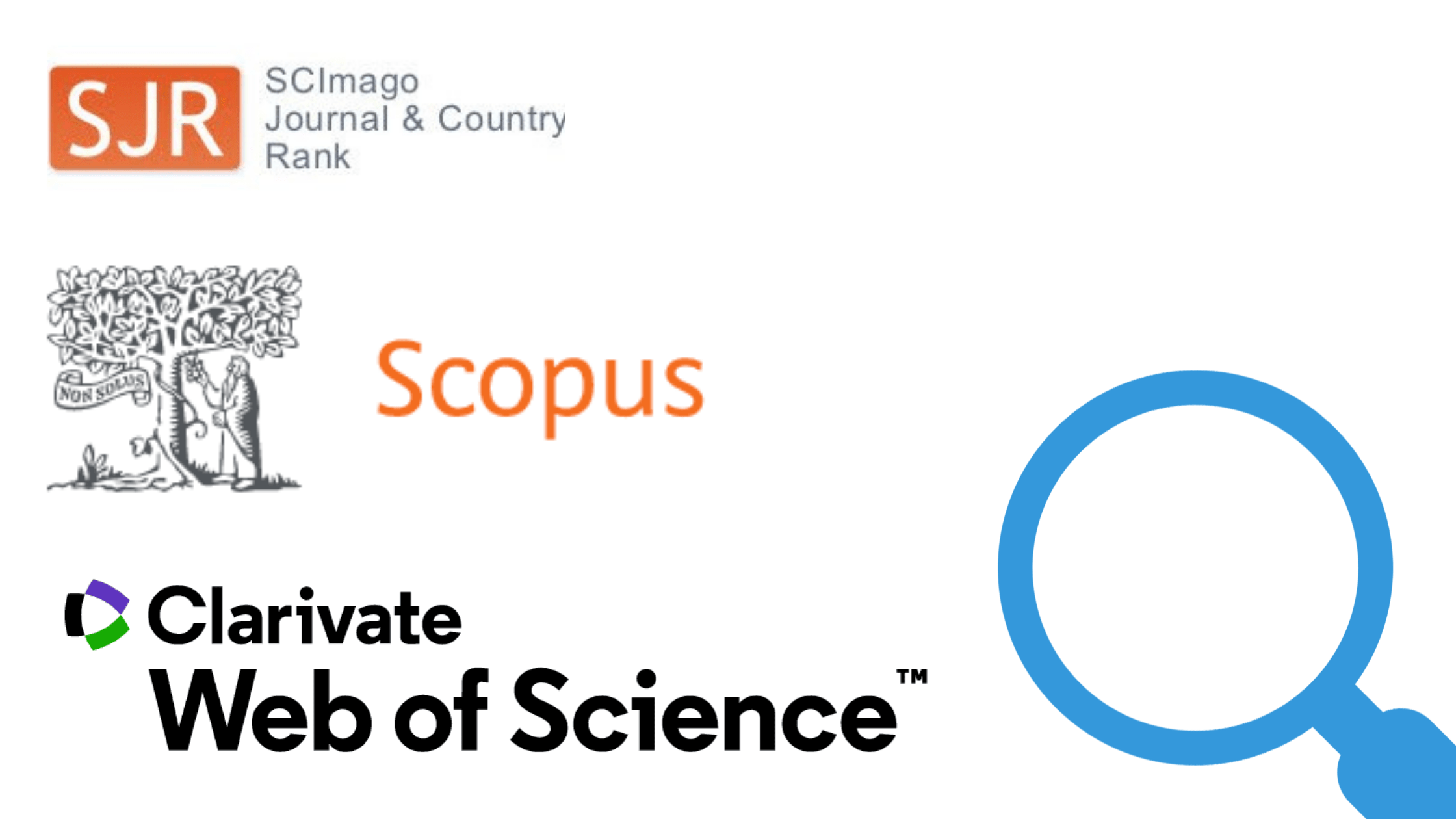What is Google Scholar? Google Scholar is a search engine dedicated to scholarly literature and academic research. It gives access to peer-reviewed journals, books, conference proceedings, and other publications issued by reputable academic and research institutes. This platform also provides users with access to profiles of individual researchers that include information about their publications and citations. Overall, Google Scholar is a valuable resource for researchers looking to stay up-to-date on the latest academic research and
The majority of the journals require authors to disclose conflicts of interest whether by inserting their disclosures in their manuscripts or by signing conflicts of interest forms. What Is the Definition of a Conflict of Interest? A conflict of interest is a situation in which you may be influenced by a direct or indirect interest or relationship. Conflicts of interest in research can arise when obtaining grants, donations, or other forms of financial assistance. Also,
What Is Plagiarism? Plagiarism arises when someone copies someone else’s idea, piece of writing, or work and pastes it into another work without providing full credit to the original author. Duplication of text or findings from other papers or books, whether from the work of other academics or the author’s own work, is absolutely unethical (known as self-plagiarism). This covers everything whether deliberately or accidentally, published or unpublished, online or offline. How Do Publishers Detect
Most of the authors, if not all, have experienced manuscript rejection. Even sometimes, the editor decides that a paper is not fit for publication after numerous rounds of revisions and resubmissions to the same journal. After communicating with many associate editors and editors-in-chief of international peer-reviewed journals to gain a better understanding of how manuscript decisions are made, we found out that the editorial decision to accept or reject a manuscript is most often based
I was not sure if the journal was indexed by ISI, Scopus, or Scimago when I first heard about it. Could you please tell me how I can double-check this information? We received this question from one of our readers, and we believe that it is a good opportunity to clarify it for all interested readers. So, let’s start explaining it further: Web of Science The Institute for Scientific Information (ISI) is the original producer






Informative!
Thanks